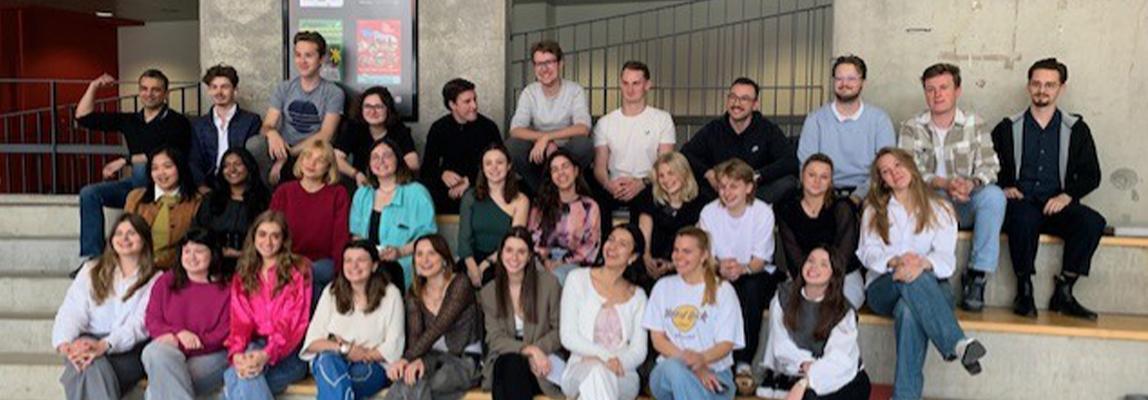
Cultural exchange and innovation in Blended Intensive Programmes Antwerp and Turkey
06/17/2024 - 08:31
Blended Intensive Programmes (BIPs) offer a unique educational experience by combining online and physical learning, allowing students from different backgrounds to collaborate on real-world projects. It's an Erasmus-funded programme, and it's available for our second-year Creative Business students.
Recently, BUas lecturers Arnoud Versluis and Çağrı Sümengen participated in two BIPs in Antwerp and Turkey, respectively. Both programmes aimed to develop solutions and enhance communication strategies, with each location offering its distinct flavour and focus.
We sat down with Arnoud and Çağrı to learn more about their experiences and the impact of these BIPs.
Recently, BUas lecturers Arnoud Versluis and Çağrı Sümengen participated in two BIPs in Antwerp and Turkey, respectively. Both programmes aimed to develop solutions and enhance communication strategies, with each location offering its distinct flavour and focus.
We sat down with Arnoud and Çağrı to learn more about their experiences and the impact of these BIPs.